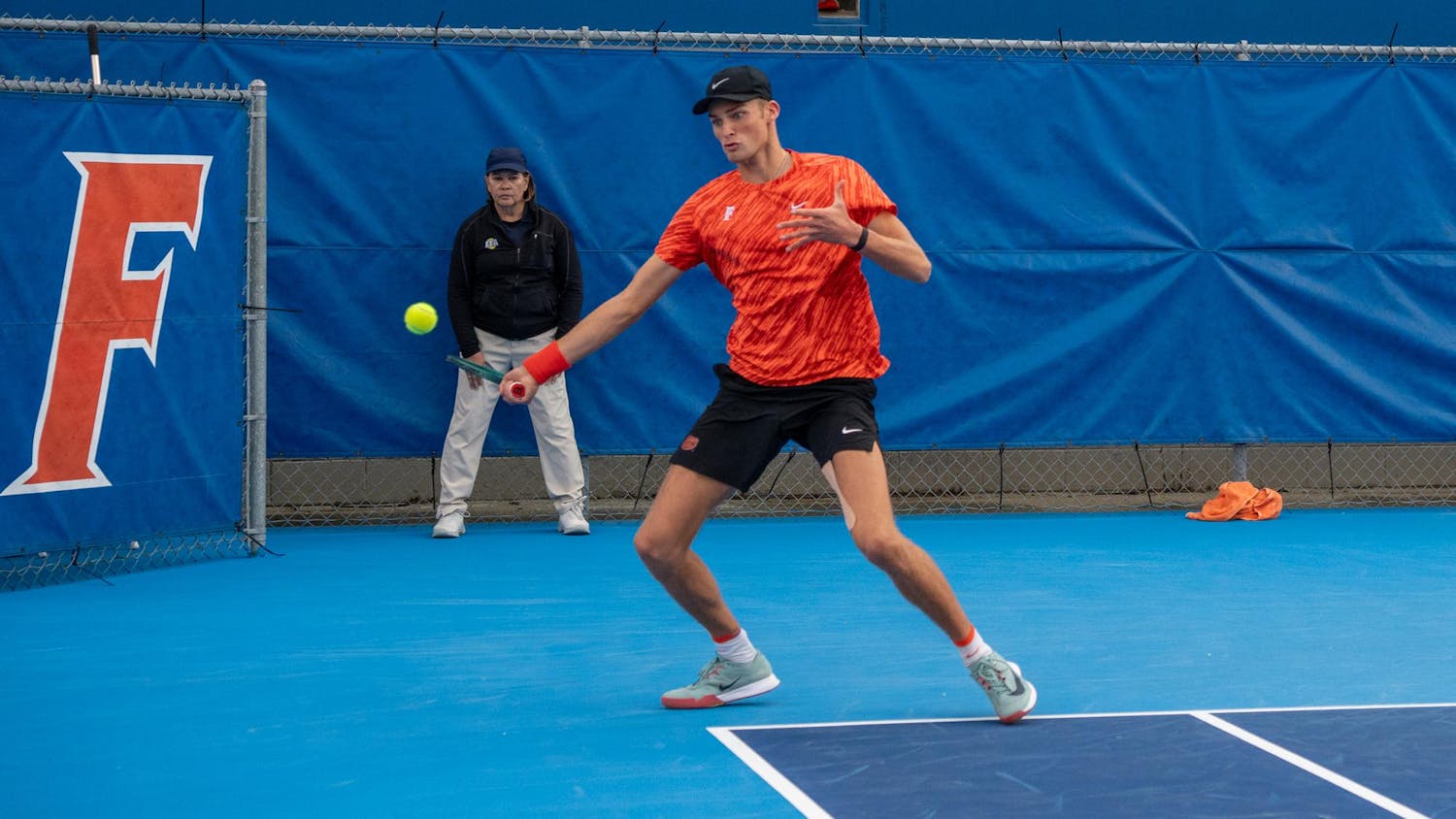Last week, 90-year-old Arnold Abbott made headlines worldwide after he was arrested for feeding the homeless in a public park in Fort Lauderdale. The arrest occurred just days after a new city ordinance took effect, making it more difficult for private citizens and charitable organizations to feed the homeless in public.
Abbott, known affectionately as “Chef Arnold,” has been feeding the homeless gourmet meals for decades through his nonprofit, Love Thy Neighbor. Unfortunately, the city’s new restrictive measures severely limit his ability to continue giving meals to the hungry. His organization will now be required to provide portable toilets for both the workers and the people receiving meals. Feeding sites have to be more than 500 feet away from each other and from residential properties, and only one site is allowed per city block.
If he does not comply with the rules, he will face hundreds of dollars in fines and up to two months in jail.
Abbott’s arrest reflects a troubling and growing trend. More and more cities are enacting laws that try to fix homelessness by ignoring it. According to the National Coalition for the Homeless, the number of cities that introduced restrictive food sharing legislation has increased by 47 percent since 2010. Some communities are making it illegal for people to leave their personal items on public property, sleep on public property or solicit at busy intersections.
Many homeless advocates across the nation have vehemently protested these measures because outlawing the ways homeless people try to survive will not solve the issue of homelessness. Additionally, these laws support the harmful idea that homeless people are simply an inconvenience that must be dealt with, which may explain why some cities have spent thousands of dollars to buy the homeless one-way bus tickets out of town.
Surprisingly, however, some homeless rights activists have defended Fort Lauderdale’s new laws.
Ron Book, chairman of the Miami-Dade County Homeless Trust, spoke out in favor of the city’s public feeding ordinance. He argued that feeding people on the streets is “counterproductive and inconsistent” with efforts to reduce homelessness.
Book’s intentions are noble, but enforcing laws that criminalize acts of kindness is not a solution to homelessness. These laws unwisely assume that preventing public feedings will encourage the homeless to improve their situations, but they essentially allow city officials to ignore the problem. The homeless will still be living on the streets at the end of the day — just hungrier than usual.
Admittedly, homelessness is a complicated issue. Substance abuse and mental illness are significant factors that contribute to homelessness, and they are not easy to address. However, instead of passing restrictive ordinances in the hopes that the homeless population will disappear, city officials should work with advocates to create real, sustainable solutions to the issue. Local governments would benefit immensely from collaborating with nonprofits and charities. Abbott’s nonprofit, for instance, takes on a variety of tasks in order to reduce homelessness. According to Love Thy Neighbor’s website, the organization works to “provide shelter, healthcare, education, clothing, food” and even a culinary skills training program for the homeless.
Though these initiatives would be costly for a city to undertake, they directly impact the problem of homelessness. Investing in housing assistance, drug and alcohol treatments, job training and other outreach programs will give homeless people the tools they need to start supporting themselves and become contributing members of society.
Abbott, kind and determined in his crisp chef’s uniform, is an example to all of us. City governments should follow his lead and try to provide help for those who need it, instead of creating policies that make it more difficult to perform generous acts.
Laws are supposed to protect members of society from harm. Compassion can do that, too.
Moriah Camenker is a UF public relations senior. Her columns usually appear on Tuesdays.
[The views expressed here are not necessarily those of the Alligator.]





